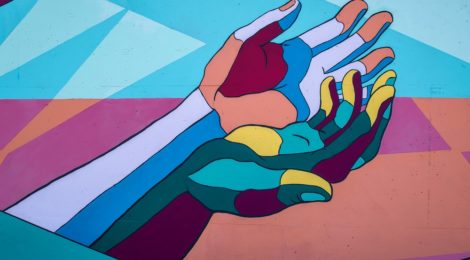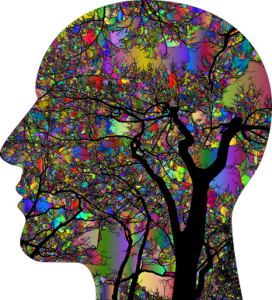
Magic Mushrooms Show Therapeutic Promise
Psychedelics are hallucinogens which have historically been used for ritual purposes and to facilitate spiritual experiences. They have been used recreationally to enhance sensory perceptions and thought processes. Psilocybin is a particularly potent psychedelic found in a wide variety of hallucinogenic mushrooms, commonly called “magic mushrooms”.
Psychedelic-assisted psychotherapy, a practice which involves the use of hallucinogenic drugs as part of the therapy treatment, seems to help survivors of trauma and other mental health disorders, including depression, anxiety, post-traumatic stress disorder, alcohol and substance abuse, and suicidal ideation.
Psilocybin is a controlled substance in Canada, prohibited unless authorized for research or clinical trials, and the use of psilocybin in many countries involves serious legal consequences. Psychological research into hallucinogenic drugs is increasing in North America as the FDA allows a small number of medical research organizations to conduct research on what’s been called ‘breakthrough therapy’.
Psilocybin, along with the other psychedelics, affects the default mode network (DMN). This area of the brain has been associated with certain mental health conditions such as depression and anxiety. Under the effects of psilocybin, rumination (repetitive thinking about problems and anxieties) decreases. Meditative states are observed with increased activity in pathways that do not normally communicate.

The process of psychedelic-assisted psychotherapy is typically delivered in three stages: preparation, the acute psychedelic experience, and integration.
In the preparation stage, clients go through a psychological screening to ensure that a trusting relationship can be developed between the therapist and the individual. Psychedelic experiences can be disorienting and can leave people feeling vulnerable, so building rapport before the session is essential.
The acute psychedelic experience stage involves taking a capsule containing synthesized psilocybin, then laying on a couch with eyes covered while listening to music through headphones. Psilocybin effects last around seven hours during which clients are instructed to focus on their inner experiences. Two therapists are present to create a safe space, provide reassurance in moments of anxiety or distress, and check-in throughout the session.
Integrating the profound and unusual thoughts and feelings resulting from psilocybin use is the final, and most important step of the psychedelic therapeutic process. Carla Mae Leuschen is a psychedelic integration practitioner with the Multidisciplinary Association for Psychedelic Studies (MAPS). Leuschen discussed the importance of the integration process in an interview with the Trauma and Mental Health Report:
“I use all sorts of approaches with clients for integration, depending on what they’re into. Art or journaling are common. I’m a guide, there with the tools and holding the space, but they have the insights.”
Leuschen explains that when we’ve experienced trauma, a common coping mechanism is to shut part of ourselves off. Years later, therapy can help in the long and difficult process to open ourselves up again. Being in an altered state can further assist in opening up; in remembering, processing, and integrating the experiences in therapy.

Although there appear to be benefits to psychedelic therapy, there is the potential to cause harm without proper guidance or support. Individuals under the effects of these substances can experience distressing effects, such as frightening hallucinations, or troubling thoughts or feelings. Since psychedelics often intensify emotional experiences, this can lead to erratic behavior. In therapy, individuals should be properly prepared, monitored, and receive appropriate care throughout the process
Healthy individuals also may experience a ‘bad trip’, a negative reaction to psychedelic use, such as confusion, agitation, severe paranoia, or anxiety. In some cases, psychedelics have been linked to the onset of prolonged psychosis, and some users experience a feeling of being disconnected from reality.
As research continues, psilocybin use in combination with other therapies may prove to be a valuable resource for those struggling to heal from past trauma or other mental health problems.
-Aley Vesia, Contributing Writer
Image Credits:
Feature: Tim Mossholoder at Unsplash, Creative Commons
First: GDJ at Pixabay, Creative Commons
Second: KELLIEPICS at Pexels, Creative Commons



